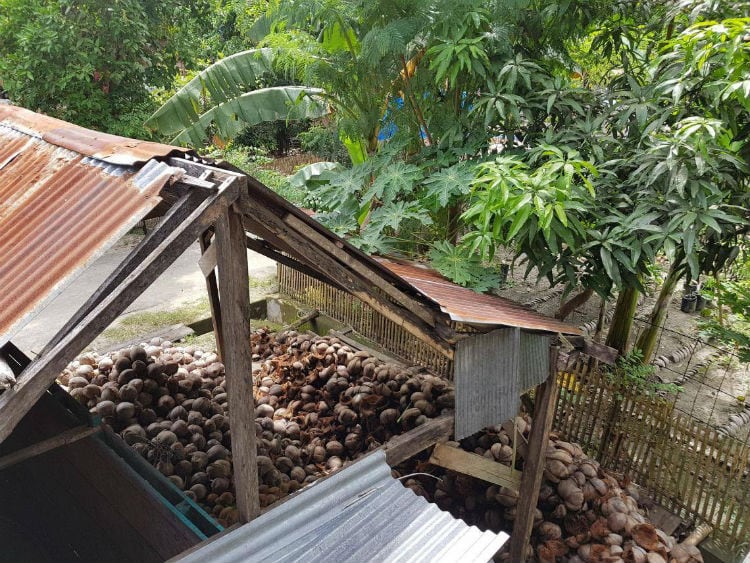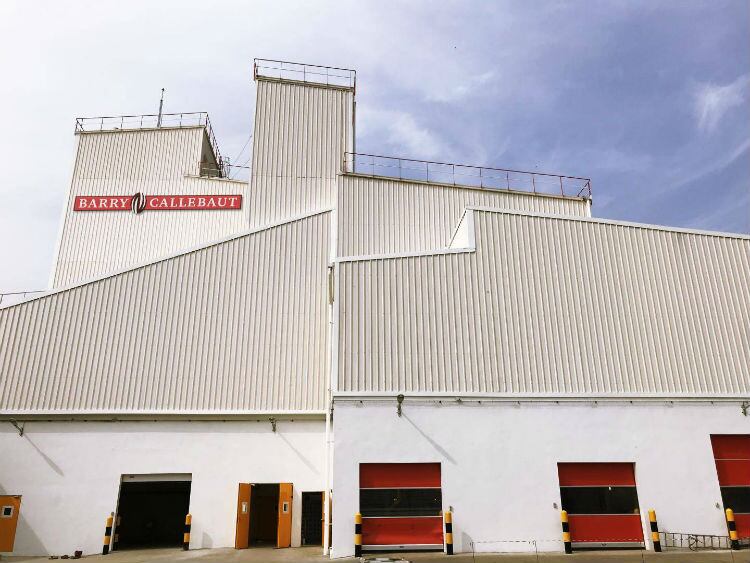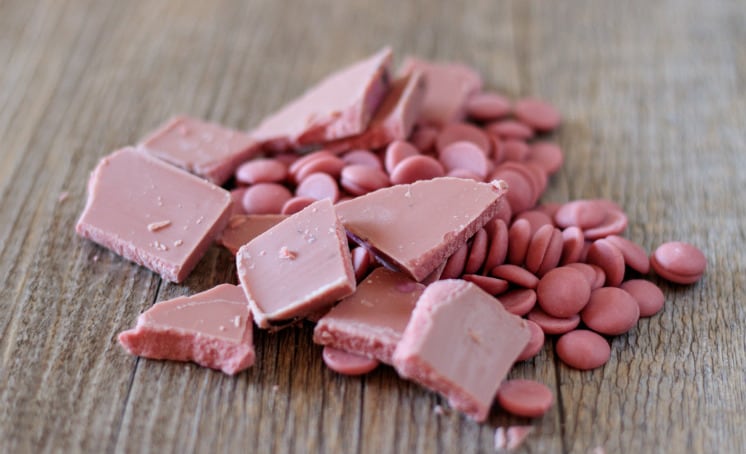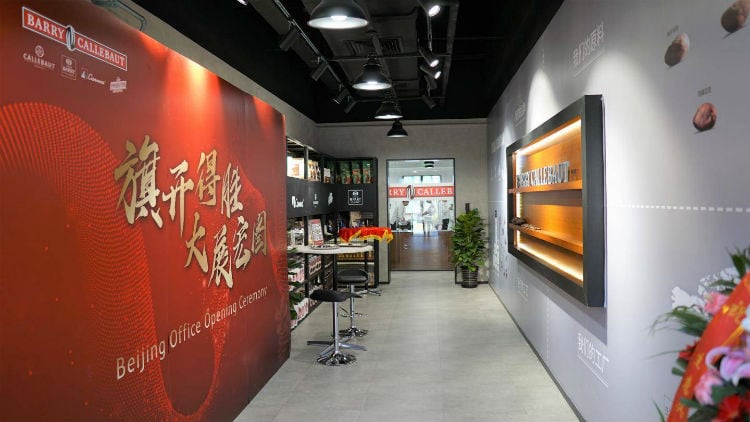As part of Barry Callebaut’s Forever Chocolate commitment for 100% sustainable ingredients by 2025, the company has announced it is transferring some of the practices successfully adopted in its cocoa supply chain to establish a sustainable coconut and coconut oil value chain.
Coconut oil is an important ingredient and is used in ice cream applications and confectionery fillings supplied by Barry Callebaut, the world’s leading manufacturer of high-quality cocoa and chocolate products.
Last month, the company and the US Agency for International Development (USAID), Green Invest Asia, brought together buyers, processors and other actors actively involved in the coconut supply chain for a roundtable on Sustainable Coconut and Coconut Oil, which was was attended by companies representing over 50% of the global coconut oil supply and included some of the largest buyers and processors in the sector.
Global demand
The global demand for coconut and coconut oil is growing, the company said in a blog. But at the same time, coconut farmers are struggling to achieve a sustainable livelihood.
“As part of Barry Callebaut’s Forever Chocolate commitment for 100% sustainable ingredients by 2025, we are committed to supporting our suppliers to establish farming practices that offer an equitable income for coconut farmers, support their wider communities and safeguard the environment,” the company stated.

Similar to cocoa farming, coconut farmers are primarily smallholder farmers, and as a result of low yields due to ageing trees and poor farming practices, are not achieving a sustainable livelihood.
Coconut farmers face a cycle of stagnating yield, low income and an inability to invest in their farms.
Barry Callebaut says it is estimated that around 50% of the world’s coconut trees are beyond their most productive years. Combine this with falling prices and coconut farmers face a cycle of stagnating yield, low income and an inability to invest in their farms.
Initiatives such as intercropping coconut with cocoa were discussed and the forum also agreed to meet annually and form the first task-force to facilitate coordination among industry players and stakeholders to create complementary sustainability programs and share best practices.
Côte d’Ivoire cocoa investment
In a separate development, Barry Callebaut announced it is expanding its cocoa processing capabilities in Côte d’Ivoire with a major capacity expansion that will increase cocoa bean processing capacity by over 40% by 2022 at the Société Africaine de Cacao (SACO) plant in Abidjan. The new grinding unit, part of a CHF 55 million ($54.98m) investment, will employ an additional workforce of 45 people and create 120 indirect jobs once it is fully operational.
“This significant investment in our cocoa processing capacities in Côte d’Ivoire is one more sign of our long-term commitment to the country and to the African continent. Not only as a supplier of high quality cocoa beans but also as an industrial base and as an emerging market for cocoa and chocolate consumption, as is also exemplified by last year’s opening of our first Chocolate Academy on the African continent in Johannesburg, South Africa,” said Antoine de Saint-Affrique, CEO of the Barry Callebaut Group.




